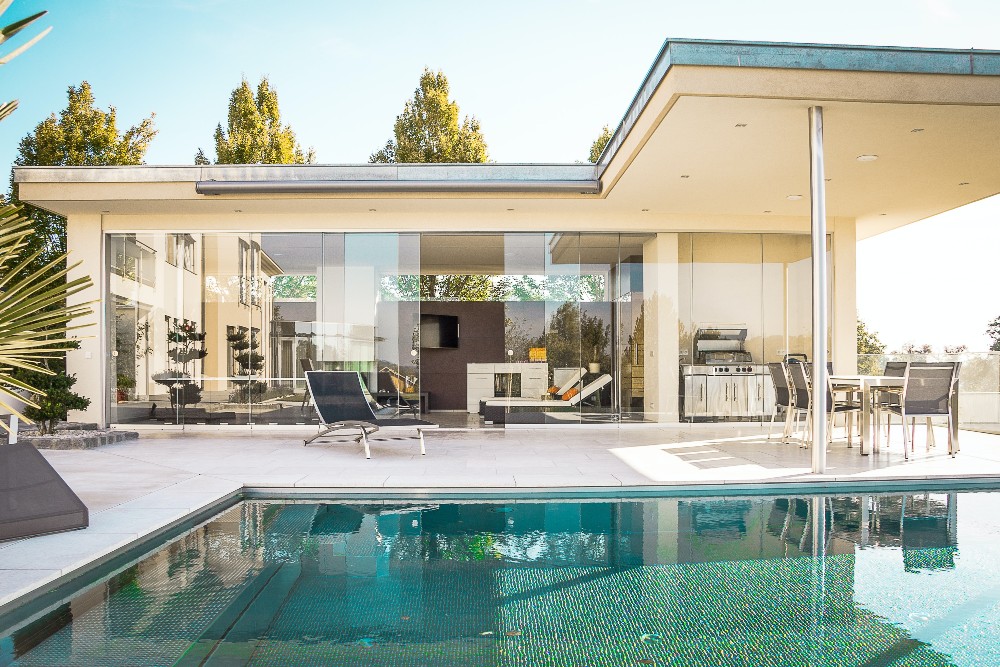It’s the age-old question that renters often end up asking themselves at some point, is it better to buy a house or rent? It’s not an easy decision so it’s a good idea to ask yourself whether you have the finances, if you want the stability and whether the timing is right first.
Table of Contents
A common question that will pop up in many people’s lives is whether to rent a home or buy one. Even for people who have always rented a home, this is often a decision that comes into the picture at some point. The decision is entirely dependent on you and your situation, which can make it both harder and easier to make the call. There are a few questions that you should ask yourself when thinking about whether to rent or buy a house, to guide you in the right direction:
- Can I afford to own a house?
- How are my finances?
- Is it the right time to buy a house?
- Do I see my life changing drastically soon?
Is it cheaper to rent or buy?
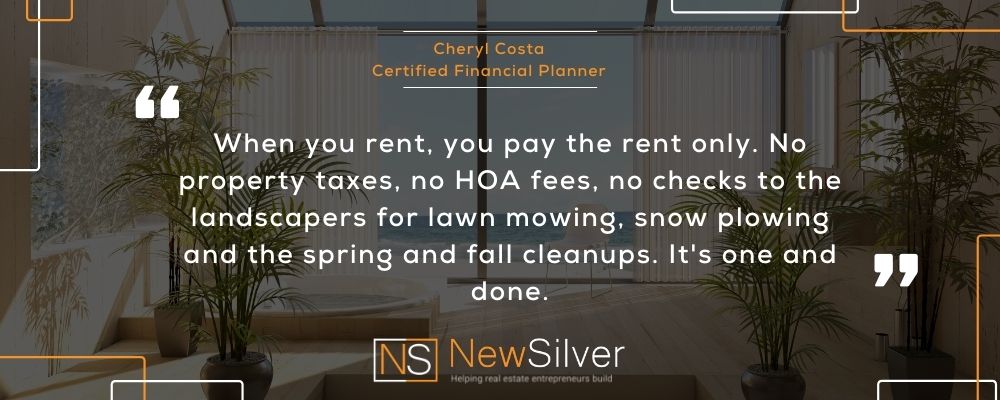
Renting is cheaper than buying across the 50 biggest cities in the US, according to a recent study from LendingTree. The median monthly rent across the country is less than the cost of owning a home plus the monthly mortgage payments.
However, it’s important to remember that buying a home is a long-term investment, so while renting may be the cheaper option initially, if you buy a home the value will increase over time and once you’ve paid off your mortgage you will own an asset. Whereas with renting, your money isn’t going towards paying off an asset, and is instead being given away to someone else.
The costs that come with buying a home aren’t limited to just the mortgage. Cheryl Costa, a certified financial planner in Boston says, “When you rent, you pay the rent only. No property taxes, no HOA fees, no checks to the landscapers for lawn mowing, snow plowing and the spring and fall cleanups. It’s one and done. You pay for utilities, but that’s about it,”. She goes on to say, “And if something breaks, you call the maintenance folks, and it is fixed in a day.”
Maintenance costs are a big expense when you own your own home, things like your roof, garden, electrical and plumbing are all costs that will fall on you to repair and maintain. Insurance policies don’t usually cover wear and tear, so this will be coming out of your pocket. Before you buy a home, asking yourself whether you can afford it is the most vital question.
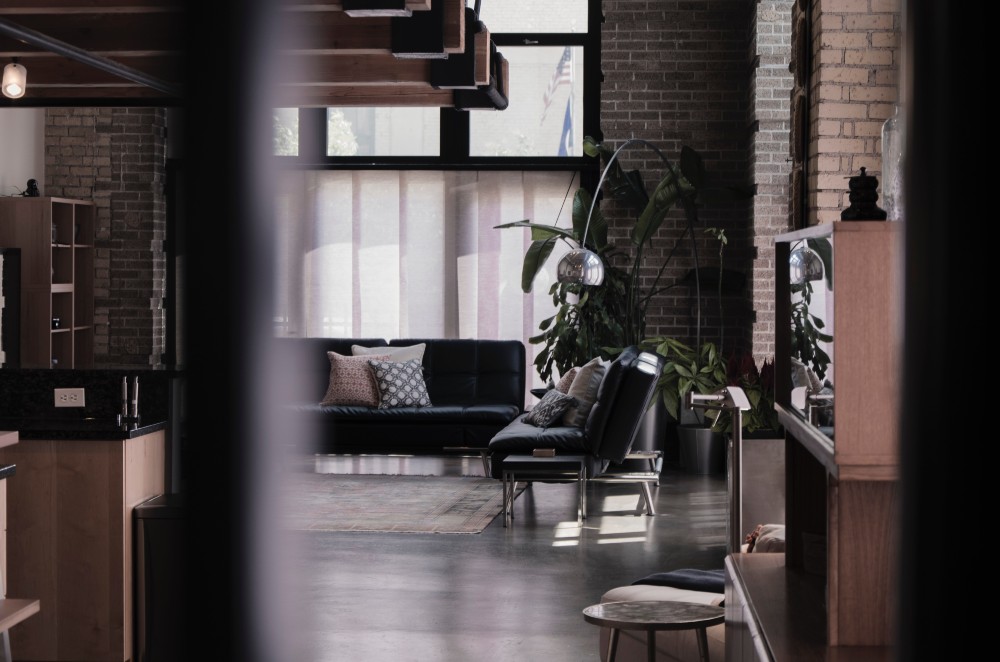
What is the break-even point when comparing buying vs renting?
When renters consider buying a home, it can look like a giant financial leap and if you aren’t certain that your life won’t change in the near future, you might be worried about regretting the decision. People often think that it’s a safer bet financially to continue renting until the time is right to buy.
The break-even point is something that can help you make your decision. This refers to the point at which the cost of buying, equals the cost of renting for you. The break-even point is different for everyone and depends on factors like your down payment, the purchase price, how long you plan on living in the house, your mortgage length and your current rent. Remember that this doesn’t reflect the maintenance costs of the house, so factor this into your decision as well. The neighborhood that you buy into is an influencing factor to think about, along with your personal situation.
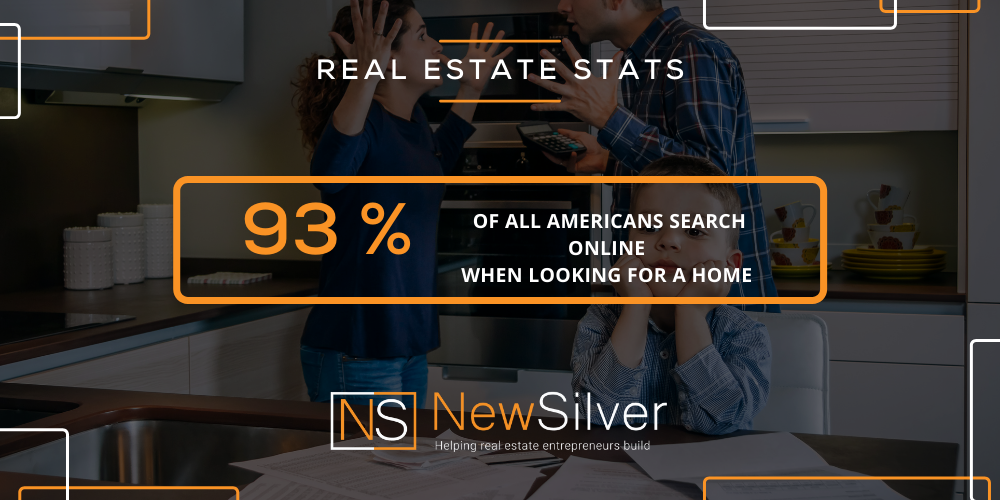
When is it better to buy a house?
Finances
It’s crucial that your financial situation is in the right place to buy a home. This means that your debt-to-income ratio is manageable, your savings are enough to cover the down payment and any other maintenance and repair costs that may crop up. A 20% down payment is usually a good idea, to avoid having to pay for private mortgage insurance (PMI).
The Federal Housing Administration (FHA) uses a 43% debt-to-income (DTI) ratio standard to determine whether a mortgage should be approved or not. This data basically shows whether a borrower can afford their mortgage payments, along with insurance, property taxes, homeowners association fees etc.
Your employment should be stable, so that nothing will change when it comes to your income in the near future. Having a stable financial situation also includes a good credit score and the ability to cover any unforeseen expenses. Generally, buying a house has been considered a safer long-term investment, even during recessions and economic downturns.
Timing
If your financial situation is in order, the next thing to consider is the real estate market. The housing market sways in favor of buyers and sellers at different times of the year and during different economic events. Along with this, mortgage rates also vary and if, for example, it’s a period of time where mortgage rates are lower, then it may be the opportune time to buy a house.
The best time to buy a house is often in the spring and summer months, when the housing market is buzzing and supply is high. During these months you could have more homes to choose from and potentially find your dream home easier. However, each area is different so this depends on your local real estate market.
Stability
If you’re ready to settle down or looking for long-term stability both in lifestyle and for where you stay, then buying a home may be the best option for you. You can have full control over the house and it becomes an asset that can used later on in life, for your children or as part of your retirement. Owning a property provides a stability that renting never will.
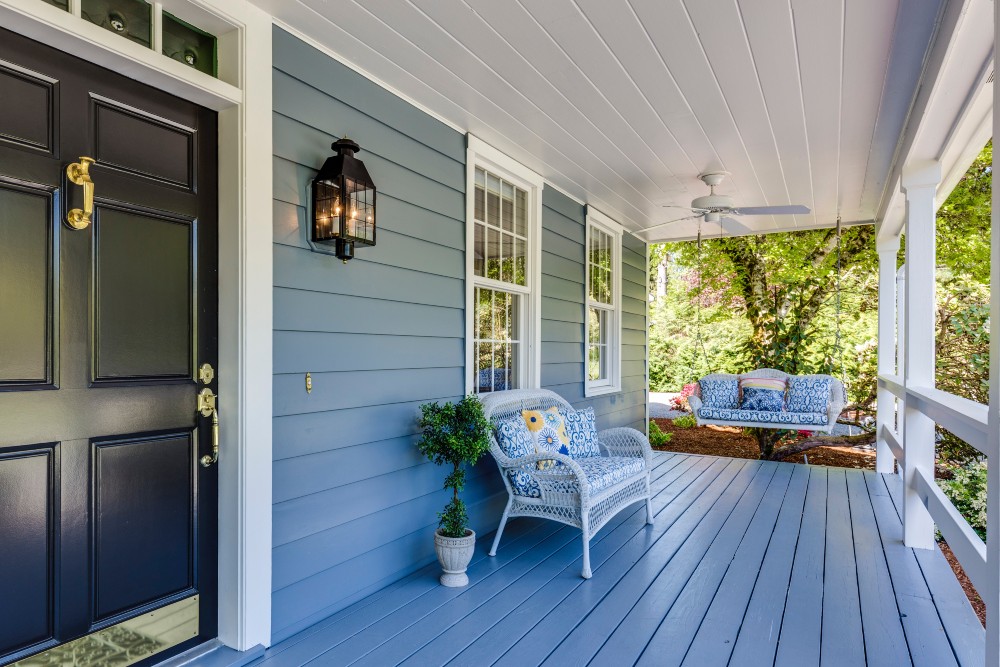
What are the drawbacks of buying a house?
Long-term commitment
While the long-term aspect of owning a home can be a positive, it can also be a disadvantage. If you lose your employment or are no longer able to meet the financial obligations of owning a home, years down the line, you can end up in a jam.
Maintenance and repair costs
As mentioned above, the repair and maintenance costs of things like the yard, swimming pool, electrical and plumbing all form part of your expenses. As the homeowner, its up to you to pay for these, and if you can’t, you may end up having to take out an additional loan to get things fixed.
High initial costs
The buying costs, down payment and mortgage all add up, and this makes buying a home an expensive initial investment. These costs can make home buying a daunting experience, so it’s important to figure out whether you can afford it, before you head down this path. Moving is another cost that many people don’t factor into the equation and it’s an important one.
Regular fees
Every month you are likely to have extra fees that come along with home ownership. These can include property taxes, HOA fees, utilities, homeowner’s insurance, private mortgage insurance and so on. These fees are an added expense on top of your mortgage amount.
Less flexibility
Owning a home means that your lifestyle is less flexible and if you needed to move for any reason, it would take a few months to sell the house and sort out your mortgage. So, if you plan on having a lifestyle that requires flexibility, buying a home might not be the right option for you.
When is it better to rent a house?
Lifestyle
If you’re a young person or someone with a flexible lifestyle, for example you often need to move or you’re changing jobs, renting could be the easiest option for you. Essentially, if you need flexibility, then you should choose renting over buying, because a lease is easier to get out of or you can choose a short-term lease, and you won’t have to worry about things like home maintenance and repairs, plus you aren’t tied into a mortgage. Unless you plan on settling in one place for the foreseeable future, renting is your best bet.
Affordability
If you are focused on finding somewhere more affordable, renting may be the best idea because not only do you not have to worry about a mortgage every month, but you can find a rental home to fit your budget. You also won’t be responsible for property taxes, a down payment, HOA fees and so on. If your financial situation changes, you can always find a smaller place to rent that will match your budget. Unless you can afford a down payment, mortgage payment and a host of other fees every month, it’s not the right time to buy a home.
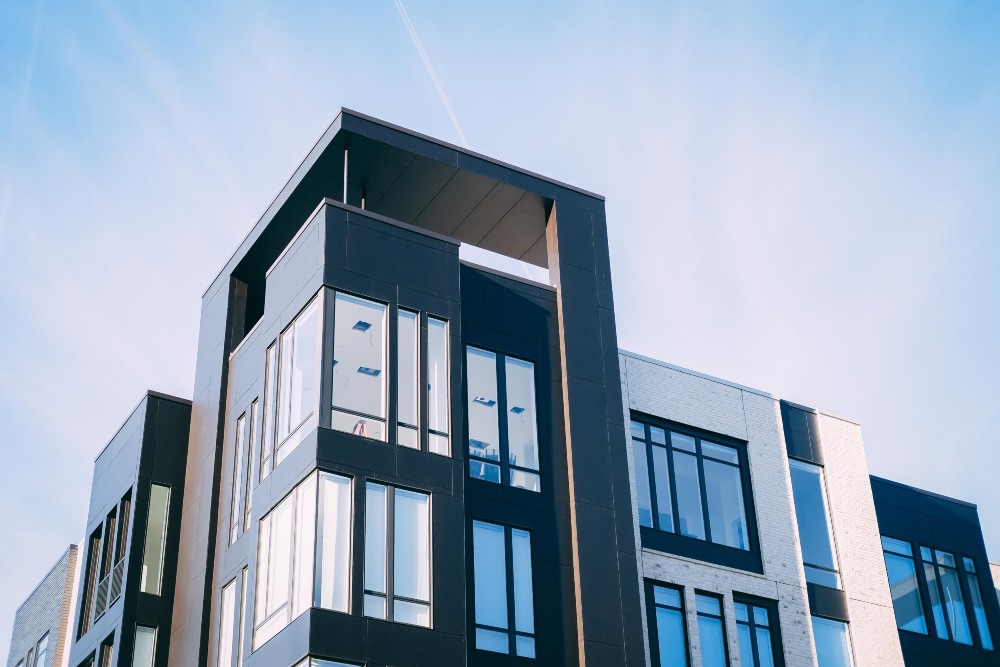
What are the drawbacks of renting a house?
No equity or incentives
Perhaps the biggest downside to renting is that you aren’t building your equity, and your money is going to someone else, instead of towards paying off a home. The money you’re spending on rent isn’t building up any kind of savings or adding to an investment such as renovations to increase the value of your home.
Renting a home also means that you’ll miss out on the savings and tax benefits that come with owning a home. For example, the interest on a home loan and property taxes are tax deductible.
Instability
Renting can be unstable, because you’re only living in a house on a temporary basis, based on the length of time on your lease. If your landlord chooses to sell the property, you can be asked to leave and have to find a new place to live on short notice. Your rent will go up each time you renew your lease period because landlords tend to put rent payments up along with inflation. You also won’t be able to make any improvements to the property without clearing it with your landlords first. So, sometimes making a rental property feel like home is difficult.
At the mercy of a landlord
Renters are at the mercy of their landlord for certain repairs and other issues that may need fixing. Which means that these repairs can take longer or be done in a cheap way and potentially break again if your landlord isn’t in a hurry or is on a budget. It can be inconvenient to rely on someone else to get repairs done in a property that you’re currently living in.
The bottom line
There are pros and cons to renting a home and for buying a home. All in all, renting is a better option for those who would like a flexible lifestyle and aren’t ready for the responsibility of owning a home. While buying a home makes sense for people looking to put their money into something with equity and want to create stability for a family, the decision depends entirely on you and your lifestyle, as well as your financial situation and the timing of your decision.
